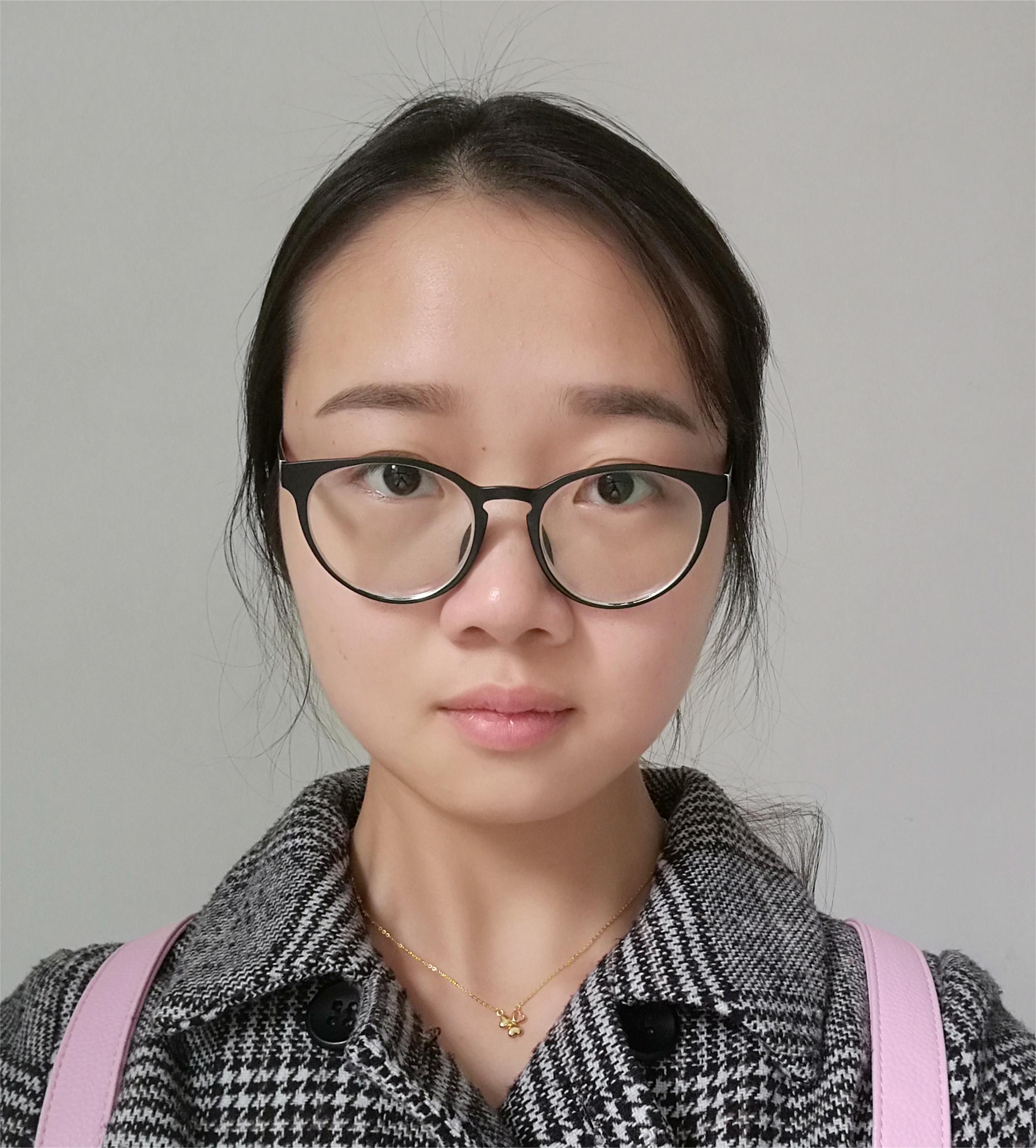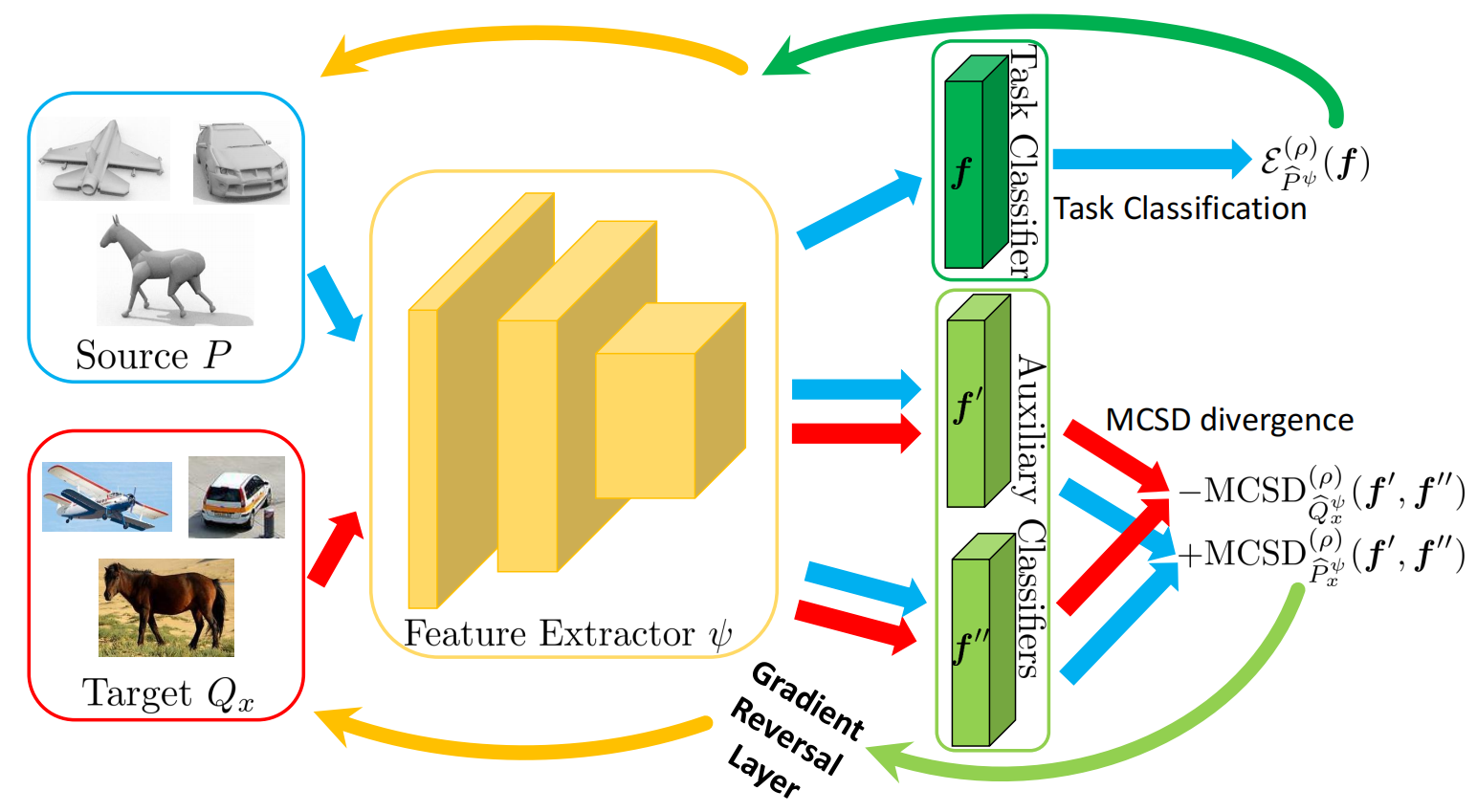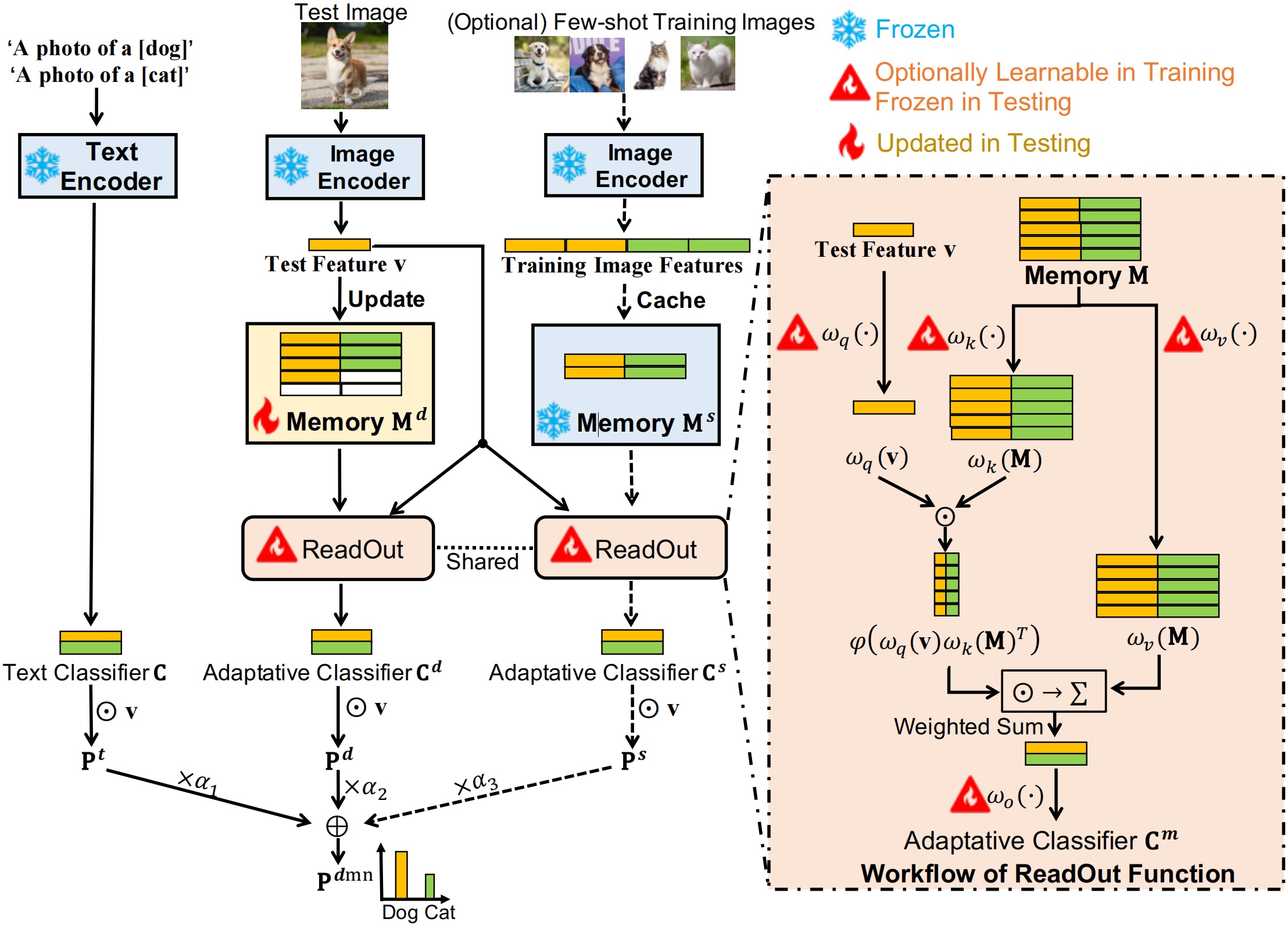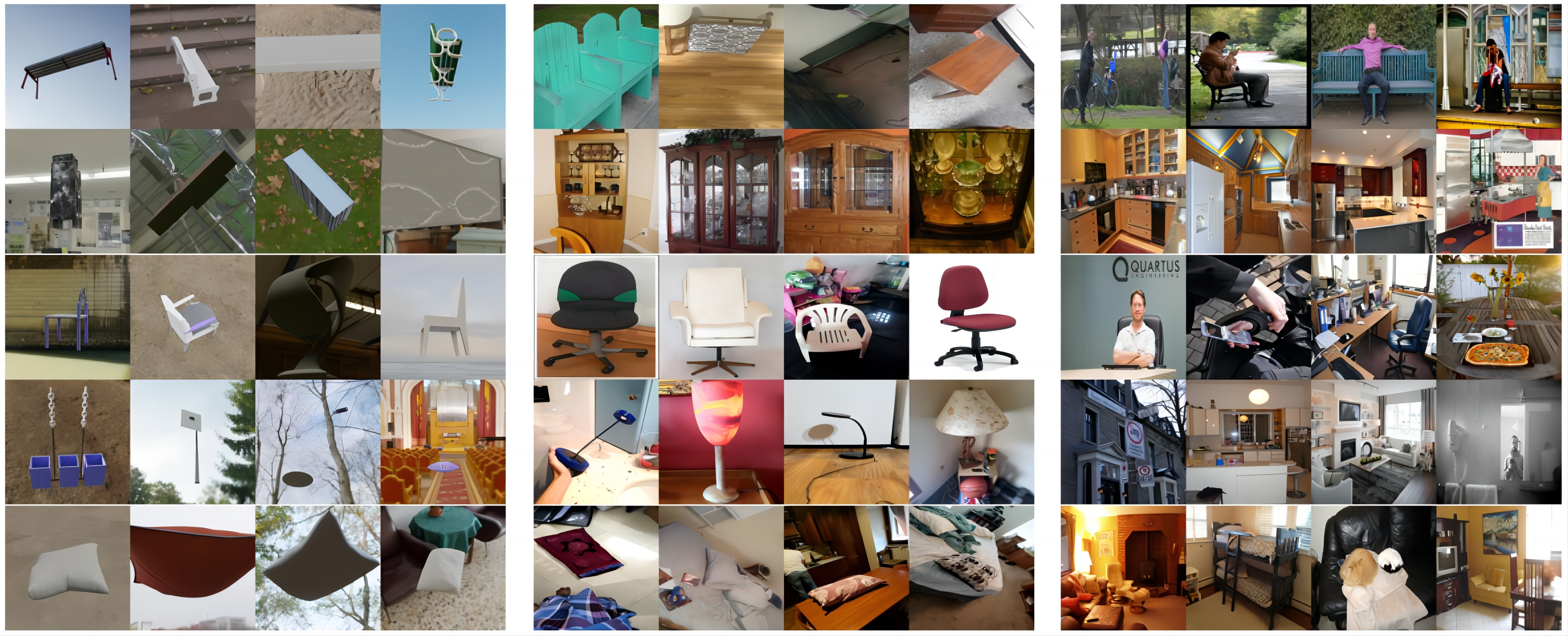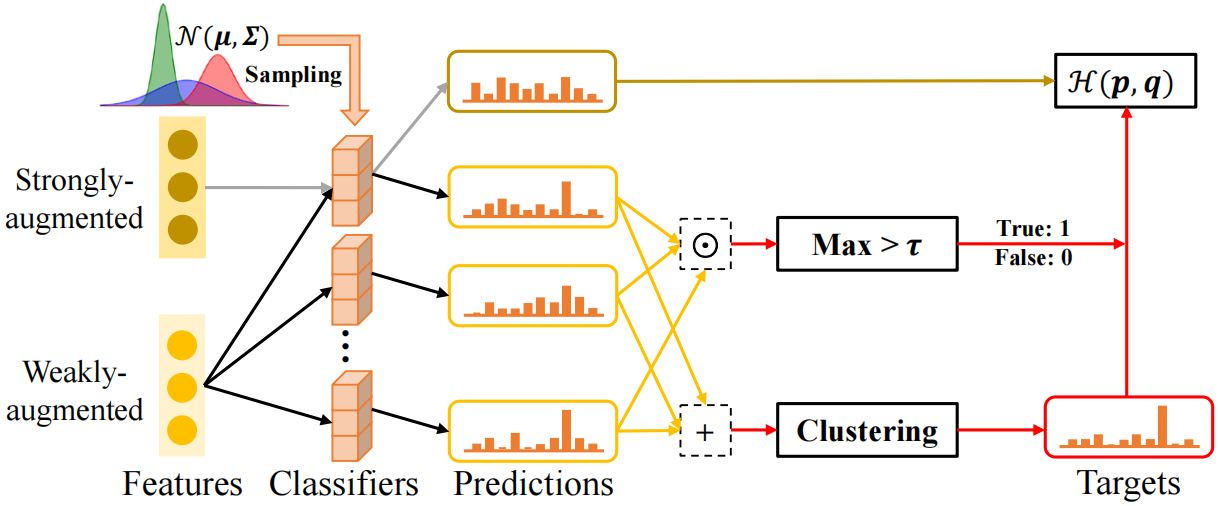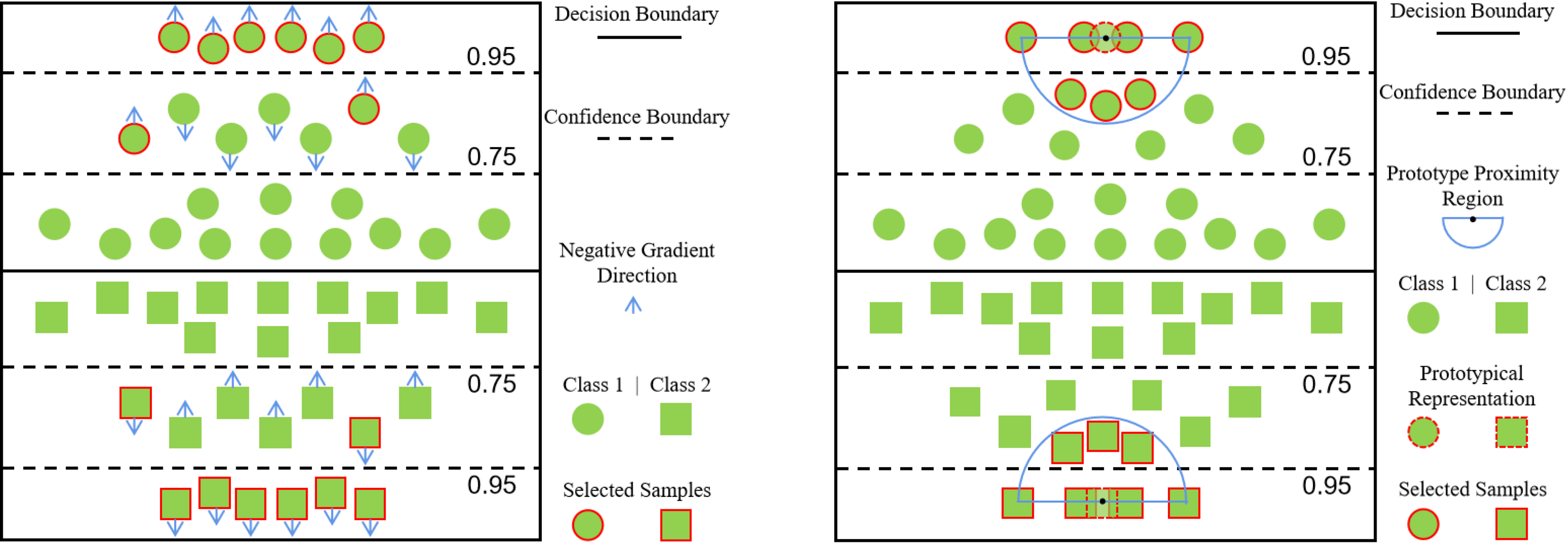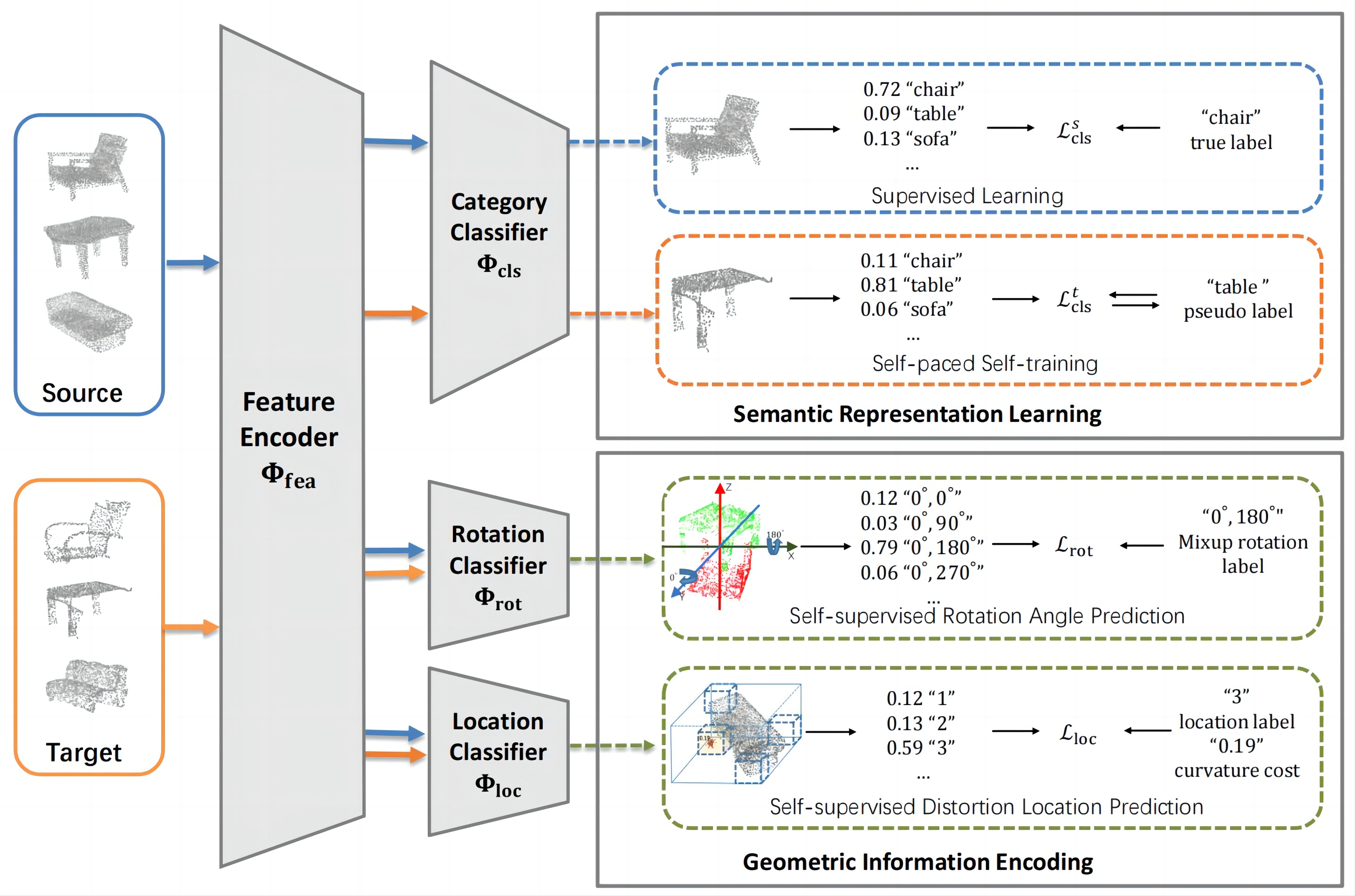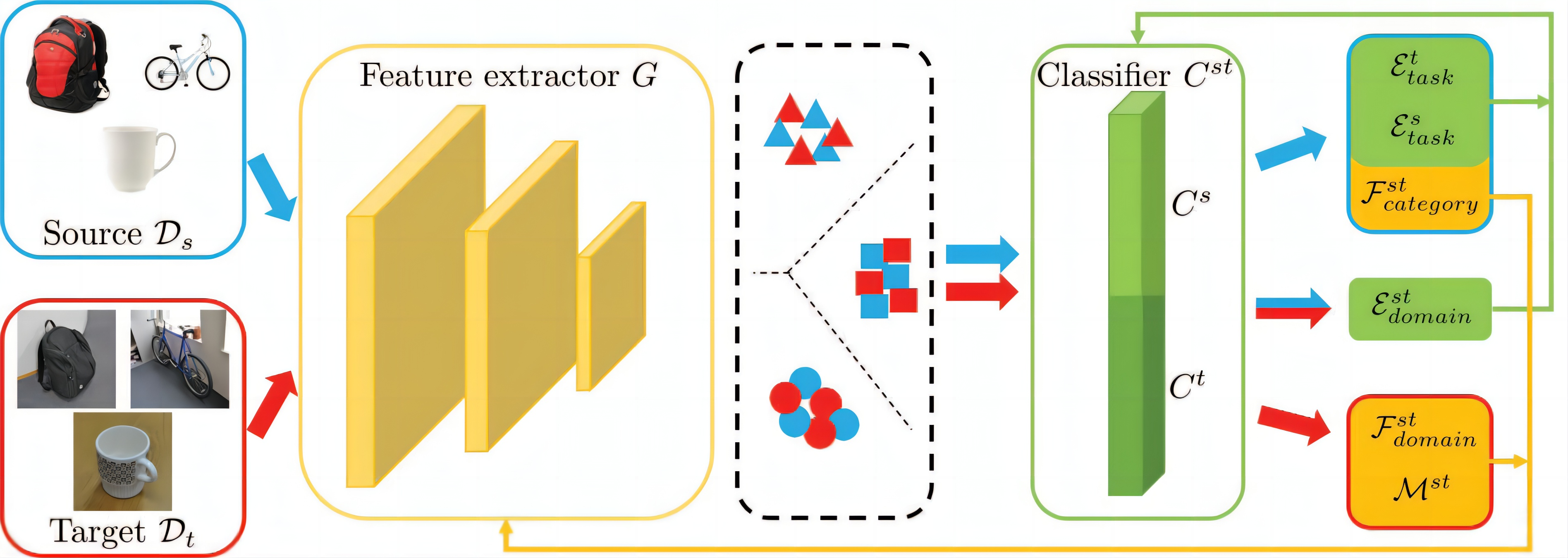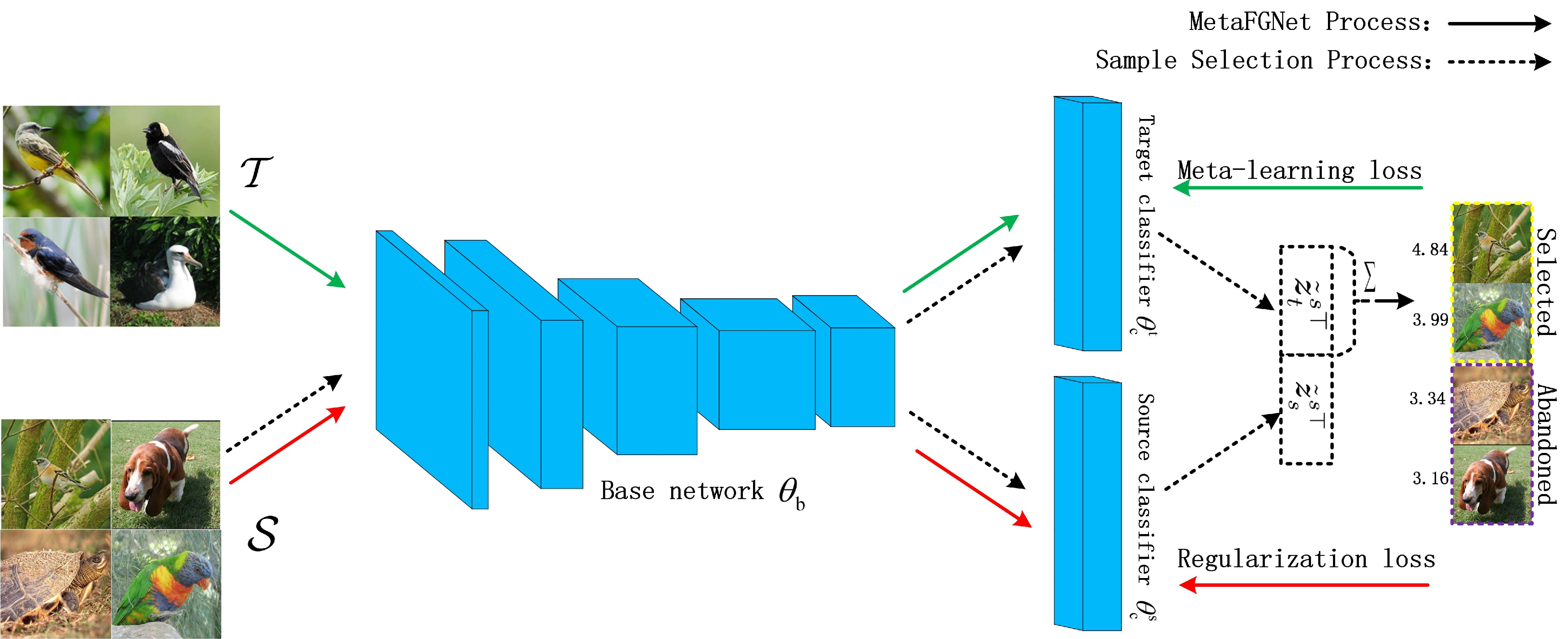👋 About Me
I am a Postdoctoral Research Fellow in the Department of Electronic and Computer Engineering at The Hong Kong University of Science and Technology, a core member in Prof. Xiaomeng Li’s Lab. I received my Ph.D. degree in the Geometric Perception and Intelligence Research Lab (Gorilla Lab) at South China University of Technology, advised by Prof. Kui Jia. Before that, I received my B.E. degree majoring in Information Engineering at South China University of Technology.
My research interests include deep learning, pattern recognition, computer vision, medical image analysis, and healthcare prediction. I am particularly focused on advancing methodologies and techniques in transfer learning, domain adaptation, semi-supervised learning, clustering, data synthesis, large models, etc.
I actively serve as a reviewer for numerous prestigious conferences and journals, including CVPR, ICCV, AAAI, NeurIPS, ICML, ICLR, ICME, TIP, TNNLS, JBHI, ESWA, PR, NEUNET, NEUCOM, and TMLR, among others.
🔥 News
- 2024.11: My google scholar citations have exceeded 1300. 🎉
- 2024.02: A conference paper is accepted by CVPR in 2024. 🎉
- 2023.09: I have been a Postdoc in Dept. ECE at HKUST. 🎉
- 2023.07: I have received my PhD degree. 🎉
- 2023.06: I pass the PhD thesis defence and my thesis is appraised as excellent. 🎉
- 2023.05: A new synthetic-to-real benchmark S2RDA is published by the CVF repository. 🎉
- 2023.02: A conference paper is accepted by CVPR in 2023. 🎉
- 2022.10: A conference paper is published by ECCV in 2022. 🎉
- 2022.10: A journal paper is published by TPAMI in 2022. 🎉
- 2022.06: A conference paper is published by CVPR in 2022. 🎉
📝 Publications
Towards Uncovering the Intrinsic Data Structures for Unsupervised Domain Adaptation using Structurally Regularized Deep Clustering
IEEE Transactions on Pattern Analysis and Machine Intelligence (TPAMI), 2022
Hui Tang, Xiatian Zhu, Ke Chen, Kui Jia, and CL Philip Chen
[PDF] [Code] [Page] [BibTex]
We are motivated by a unsupervised domain adaptation (UDA) assumption of structural similarity across domains,
and propose to directly uncover the intrinsic target discrimination via constrained clustering,
where we constrain the clustering solutions using structural source regularization that hinges on the very same assumption.
Technically, we propose a hybrid model of Structurally Regularized Deep Clustering,
which integrates the regularized discriminative clustering of target data with a generative one,
and we thus term our method as H-SRDC.
Unsupervised domain adaptation via distilled discriminative clustering
Pattern Recognition, 2022
Hui Tang, Yaowei Wang, and Kui Jia
[PDF] [Code] [Page] [BibTex]
Motivated by the fundamental assumption for domain adaptability, we re-cast the domain adaptation problem as discriminative clustering of target data,
given strong privileged information provided by the closely related, labeled source data.
Technically, we use clustering objectives based on a robust variant of entropy minimization that adaptively filters target data,
a soft Fisher-like criterion, and additionally the cluster ordering via centroid classification.
To distill discriminative source information for target clustering, we propose to jointly train the network using parallel, supervised learning objectives over labeled source data.
Vicinal and categorical domain adaptation
Pattern Recognition, 2021
Hui Tang and Kui Jia
[PDF] [Code] [Page] [BibTex]
To promote categorical domain adaptation (CatDA), based on a joint category-domain classifier,
we propose novel losses of adversarial training at both domain and category levels.
Since the joint classifier can be regarded as a concatenation of individual task classifiers respectively for the two domains,
our design principle is to enforce consistency of category predictions between the two task classifiers.
Moreover, we propose a concept of vicinal domains whose instances are produced by a convex combination of pairs of instances respectively from the two domains.
Intuitively, alignment of the possibly infinite number of vicinal domains enhances that of original domains.
Unsupervised Multi-Class Domain Adaptation: Theory, Algorithms, and Practice
IEEE Transactions on Pattern Analysis and Machine Intelligence (TPAMI), 2022
Yabin Zhang, Bin Deng, Hui Tang, Lei Zhang, and Kui Jia
[PDF] [Code] [BibTex]
Suggested by a new domain adaptation bound for unsupervised multi-class domain adaptation (multi-class UDA),
we develop an algorithmic framework of Multi-class Domain-adversarial learning Networks (McDalNets),
and its different instantiations via surrogate learning objectives either coincide with or resemble a few recently popular methods.
Based on our identical theory for multi-class UDA, we also introduce a new algorithm of Domain-Symmetric Networks (SymmNets),
which is featured by a novel adversarial strategy of domain confusion and discrimination.
Dual Memory Networks: A Versatile Adaptation Approach for Vision-Language Models
IEEE/CVF Conference on Computer Vision and Pattern Recognition (CVPR), 2024
Yabin Zhang, Wenjie Zhu, Hui Tang, Zhiyuan Ma, Kaiyang Zhou, and Lei Zhang
[PDF] [Code] [BibTex]
To address the limitations of existing approaches that focus solely on single visual-language model adaptation paradigm, we propose a versatile adaptation method that simultaneously accommodates three key settings: zero-shot, few-shot, and training-free few-shot. Using static and dynamic memory networks to extract insights from labeled training and historical test data, our adaptive classifiers convert test features into desired outputs. Validated across 11 datasets, our method achieves a 3% improvement over competitors and outperforms those using external training data in zero-shot scenarios.
A New Benchmark: On the Utility of Synthetic Data with Blender for Bare Supervised Learning and Downstream Domain Adaptation
IEEE/CVF Conference on Computer Vision and Pattern Recognition (CVPR), 2023
Hui Tang and Kui Jia
[PDF] [Code] [Page] [Dataset] [BibTex]
To solve the basic and important problems in the context of image classification, such as the lack of comprehensive synthetic data research and the insufficient exploration of synthetic-to-real transfer, we propose to exploit synthetic datasets to explore questions on model generalization, benchmark pre-training strategies for domain adaptation (DA), and build a large-scale benchmark dataset S2RDA for synthetic-to-real transfer, which can push forward future DA research.
Stochastic Consensus: Enhancing Semi-Supervised Learning with Consistency of Stochastic Classifiers
European Conference on Computer Vision (ECCV), 2022
Hui Tang, Lin Sun, and Kui Jia
[PDF] [Code] [Page] [BibTex]
We propose a new criterion based on consistency among multiple, stochastic classifiers, termed Stochastic Consensus (STOCO).
Specifically, we model parameters of the classifiers as a Gaussian distribution whose mean and standard deviation are jointly optimized during training.
We technically generate pseudo labels using a simple but flexible framework of deep discriminative clustering.
Towards Discovering the Effectiveness of Moderately Confident Samples for Semi-Supervised Learning
IEEE/CVF Conference on Computer Vision and Pattern Recognition (CVPR), 2022
Hui Tang and Kui Jia
[PDF] [Code] [Page] [BibTex]
We propose to utilize moderately confident samples.
Based on the principle of local optimization landscape consistency, we propose Taylor expansion inspired filtration framework,
relying on the Taylor expansion of the loss function to inspire the key measurement index of sample filtration, i.e., gradient and feature of finite orders.
We derive two novel filters from this framework: gradient synchronization filter selecting samples with similar optimization dynamics to the most reliable one,
and prototype proximity filter selecting samples near semantic prototypes.
Geometry-Aware Self-Training for Unsupervised Domain Adaptation on Object Point Clouds
IEEE/CVF International Conference on Computer Vision (ICCV), 2021
Longkun Zou, Hui Tang, Ke Chen, and Kui Jia
[PDF] [Code] [BibTex]
We propose a novel Geometry-Aware Self-Training (GAST) method for unsupervised domain adaptation on object point sets,
which encodes domain-invariant geometrics to semantic representation to mitigate domain discrepancy of point-based representations.
Technically, based on self-paced self-training on unlabeled target data, our GAST integrates the self-supervised tasks of predicting rotation class and distortion location into representation learning, such that the domain-shared feature space can be constructed.
Unsupervised Domain Adaptation via Structurally Regularized Deep Clustering
IEEE/CVF Conference on Computer Vision and Pattern Recognition (CVPR), Oral Presentation, 2020
Hui Tang, Ke Chen, and Kui Jia
[PDF] [Code] [Page] [BibTex]
To address a potential issue of damaging the intrinsic data discrimination by explicitly learning domain-aligned features,
we propose a source-regularized, deep discriminative clustering method
in order to directly uncover the intrinsic discrimination among target data,
termed as Structurally Regularized Deep Clustering (SRDC).
In SRDC, we also design useful ingredients to enhance target discrimination with clustering of intermediate network features,
and to enhance structural regularization with soft selection of less divergent source examples.
Discriminative Adversarial Domain Adaptation
AAAI Conference on Artificial Intelligence (AAAI), 2020
Hui Tang and Kui Jia
[PDF] [Code] [Page] [BibTex]
We propose a novel adversarial learning method termed Discriminative Adversarial Domain Adaptation (DADA).
Based on an integrated category and domain classifier, DADA has a novel adversarial objective that
encourages a mutually inhibitory relation between category and domain predictions for any input instance.
Except for the traditional closed set domain adaptation, we also extend DADA for extremely challenging problem settings of partial and open set domain adaptation.
Domain-Symmetric Networks for Adversarial Domain Adaptation
IEEE/CVF Conference on Computer Vision and Pattern Recognition (CVPR), 2019
Yabin Zhang, Hui Tang, Kui Jia, and Mingkui Tan
[PDF] [Code] [BibTex]
We propose a new domain adaptation method called Domain-Symmetric Networks (SymNets).
The proposed SymNet is based on a symmetric design of source and target task classifiers,
based on which we also construct an additional classifier that shares with them its layer neurons.
To train the SymNet, we propose a novel adversarial learning objective
whose key design is based on a two-level domain confusion scheme.
Fine-Grained Visual Categorization using Meta-Learning Optimization with Sample Selection of Auxiliary Data
European Conference on Computer Vision (ECCV), 2018
Yabin Zhang, Hui Tang, and Kui Jia
[PDF] [Code] [BibTex]
We propose a new deep fine-grained visual categorization (FGVC) model termed MetaFGNet.
Training of MetaFGNet is based on a novel regularized meta-learning objective,
which aims to guide the learning of network parameters
so that they are optimal for adapting to the target FGVC task.
Based on MetaFGNet, we also propose a simple yet effective scheme for selecting more useful samples from the auxiliary data.
🎖 Honors and Awards
- 2021 “GAC Scholarship”, South China University of Technology (Top 5%)
- 2017 “National Encouragement Scholarship”, South China University of Technology (Top 2%)
- 2016 “National Scholarship”, South China University of Technology (Top 2%)
- 2015 “National Scholarship”, South China University of Technology (Top 2%)
💻 Work Experience
- 2023.09 - Present, Postdoc in the Department of Electronic and Computer Engineering, The Hong Kong University of Science and Technology, Hong Kong.
📖 Education
- 2018.09 - 2023.06, Ph.D. in Information and Communication Engineering, South China University of Technology, China. 1/45.
- 2014.09 - 2018.06, B.E. in Information Engineering, South China University of Technology, China. 1/200.
